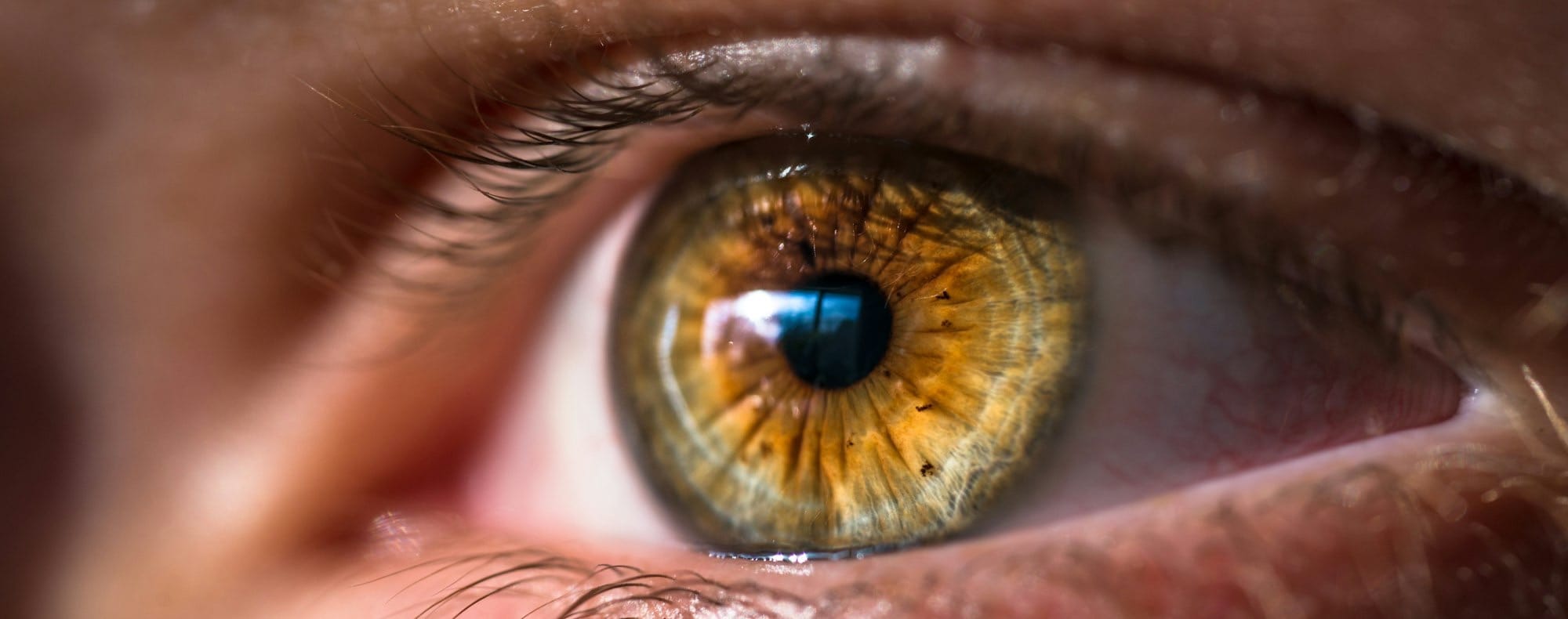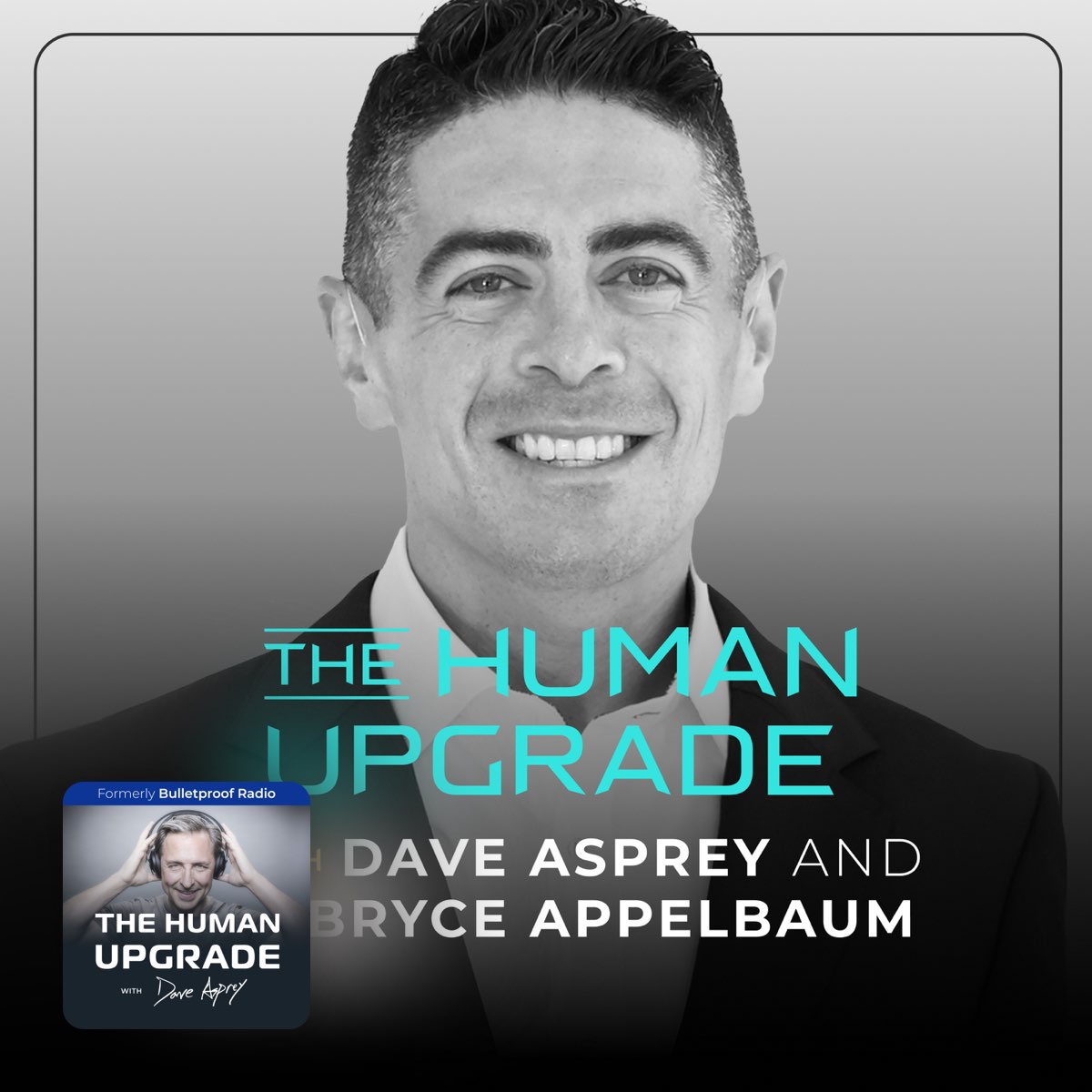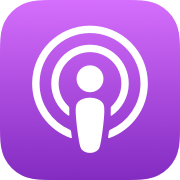Healing Eyesight

The prospect of healing your eyesight is not main-stream. Normally, it’s accepted that as you age your vision will get progressively worse and degenerate over time. When I first heard of the concept of healing your vision it was when I was reading Renegade Beauty by Nadine Artemis a few years ago. She spoke of sun gazing, UV as a healer of eyes as well as a book - Take Off Your Glasses And See by Jacob Liberman. Dr. Liberman is a Doctor of Optometry who questioned the concept of why the rest of our bodies can heal but we believe our eyes cannot. He discusses eye exercises, visualization and ridding ourselves of glasses to correcting degenerated vision.
Now, just today I came across this podcast with Dave Asprey and Dr Bryce Applebaum (linked below) who runs a holistic optometry clinic which reinvigorated my interest in this concept. I have a near-sighted eye with astigmatism, and a far-sighted eye. Together they work great, but on their own they are limited. I have glasses for computer work which I find has made my near-sighted eye even worse and during times like maternity leave where I haven’t used them I have noticed my eyesight improving.
Some new tid-bits he mentioned were the fact that there are way more symptoms that are an influence of vision than I fully realized. Get car sick? Trouble focusing on tasks? Use reading books to fall asleep? Yep. All can be related to degenerated vision.

I’ll break it down for you:
Exercises (10-15 mins a day):
Near and Far focus:
Put your finger in front of one eye and your hand over the other. Bring your finger as close to your eye as you can until it starts to get blurry. Focus on the finger until the blurring begins to subside and then remove your finger and switch your focus to something farther in the distance allowing your eye to relax. Switch to your other eye and repeat.
Eye Movements:
With head straight ahead. Look as high up as you can without moving your head, now look down as far as you can without moving your head. Do the same side to side as well as in diagonals. Always make sure you do both eyes for balance.
Palming:
Similar to in yoga practice, rub your hands together and place your palms over your eyes. This allows your eyes to relax and reduces strain. Especially after (or during) some major computer sessions.
Periphery Pointing:
Looking straight ahead notice something in the periphery in one eye. Point to it and then turn your head to see if you are pointing to the object that you have selected. If you are, great! If not, something to keep practicing. Repeat on other side.
Other Important factors:
Get Outside:
Your eyes improve their health when we’re outside. Looking at long distances, observing horizons. Gazing at clouds. As a matter of fact, UV light is incredibly important for your eyes and circadian rhythms. If you‘re wearing sunglasses, this will negate the impact. Now, I’m not telling you to look directly in the sun at high noon or be outside for 12 hours during the day with no sun protection. But what I am saying, a moderate amount of sunlight during the day with nothing blocking your eyes is incredibly beneficial.
Eat your Carrots:
Yes the old wives tale is true. Beta-carotene is a nutrient that your body converts to Vitamin A which is an antioxidant of which your retina needs lots of. It also helps keep your eyes moist.
Other nutrients:
Zinc deficiency is linked to poor night vision and macular degeneration. Omega-3s are needed for healthy vision. Vitamin E and C both are antioxidants which keep free radicals at bay.

Resources:





